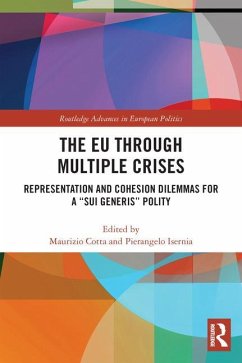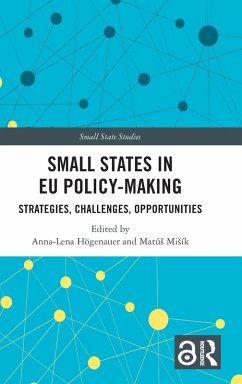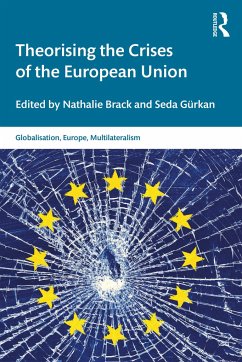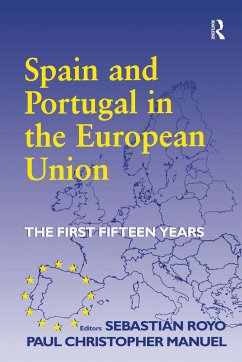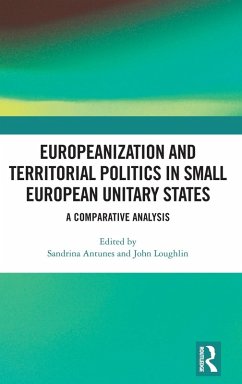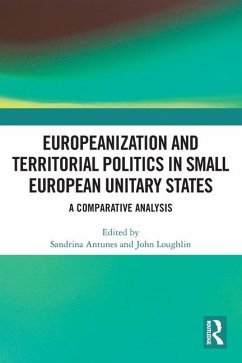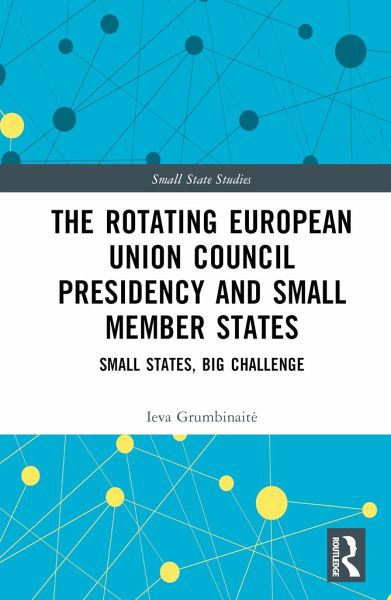
The Rotating European Union Council Presidency and Small Member States
Small States, Big Challenge
Versandkostenfrei!
Versandfertig in 6-10 Tagen
127,99 €
inkl. MwSt.

PAYBACK Punkte
64 °P sammeln!
The Rotating European Union Council Presidency and Small Member States explores the opportunities and burdens for small states of holding the rotating presidency of the Council of the European Union.While the functions and the achievements of the Council presidencies have been widely studied on the EU level, this book adopts the inverse and underresearched perspective of looking at the "domestic" impact of the Council presidency on the Member State, specifically small Member States. Combining new institutionalist theoretical approaches under the concept of Europeanisation, and employing both q...
The Rotating European Union Council Presidency and Small Member States explores the opportunities and burdens for small states of holding the rotating presidency of the Council of the European Union.
While the functions and the achievements of the Council presidencies have been widely studied on the EU level, this book adopts the inverse and underresearched perspective of looking at the "domestic" impact of the Council presidency on the Member State, specifically small Member States. Combining new institutionalist theoretical approaches under the concept of Europeanisation, and employing both qualitative and quantitative methods, this book explores whether the Council presidency leads to the Europeanisation of national polities and politics. More specifically, the book looks at the impact of the Council presidency on national administrations, ministers and public opinion. It suggests that the Council presidency presents a unique opportunity to (re) engage with EU affairs and institutions for small Member States, especially those holding the position for the first time.
This book will be of interest to postgraduate students, researchers and academics of International Relations and European Integration, specifically those interested in small states in the European Union or the rotating European Union Council presidency.
While the functions and the achievements of the Council presidencies have been widely studied on the EU level, this book adopts the inverse and underresearched perspective of looking at the "domestic" impact of the Council presidency on the Member State, specifically small Member States. Combining new institutionalist theoretical approaches under the concept of Europeanisation, and employing both qualitative and quantitative methods, this book explores whether the Council presidency leads to the Europeanisation of national polities and politics. More specifically, the book looks at the impact of the Council presidency on national administrations, ministers and public opinion. It suggests that the Council presidency presents a unique opportunity to (re) engage with EU affairs and institutions for small Member States, especially those holding the position for the first time.
This book will be of interest to postgraduate students, researchers and academics of International Relations and European Integration, specifically those interested in small states in the European Union or the rotating European Union Council presidency.





